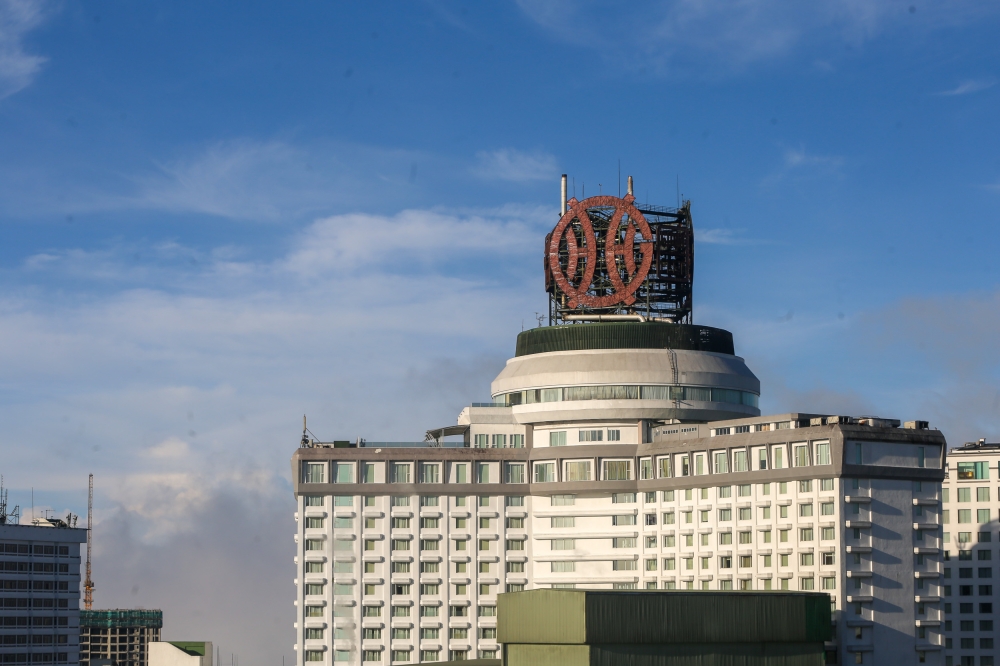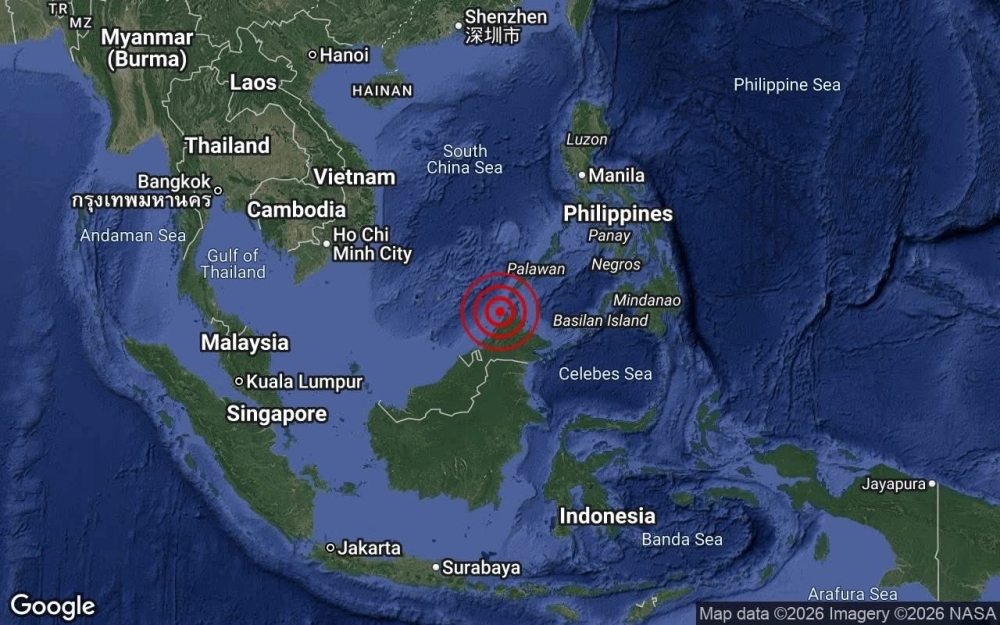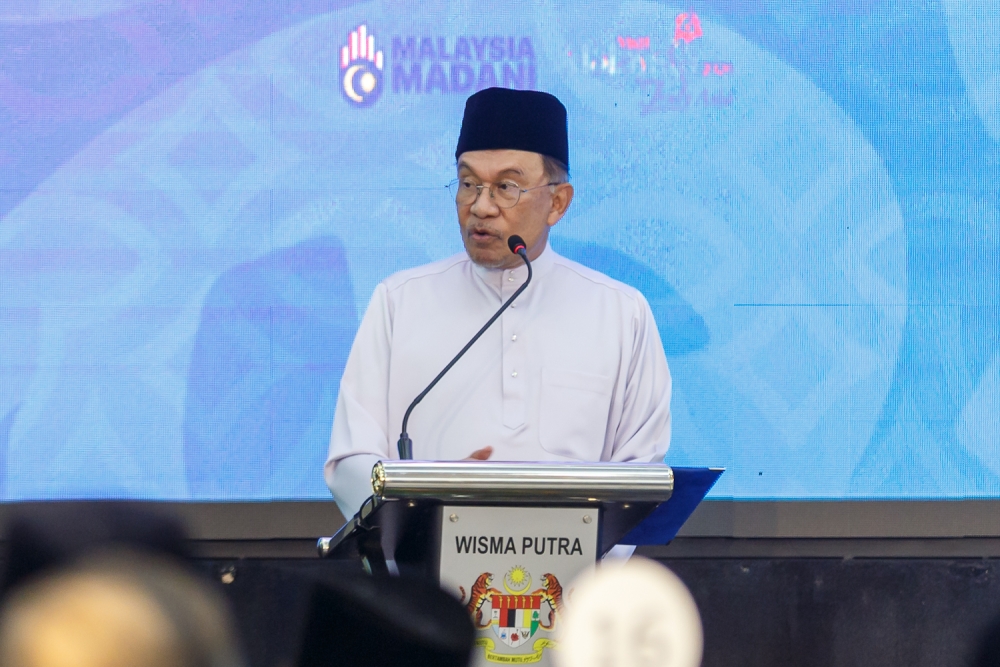KUALA LUMPUR, Feb 16 — Bank Negara Malaysia (BNM) said today the country’s economy showed resilience in the fourth quarter of 2023, with gross domestic product (GDP) expanding by 3 per cent.
It said the growth, following a trajectory of 3.3 per cent in the third quarter and 2.9 per cent in the second quarter of 2023, was bolstered by several key factors.
“Household spending remained supported by improving labour market conditions and easing cost pressures. The unemployment rate declined to the pre-pandemic level of 3.3 per cent while the labour force participation rate was at a historic high in 2023,” BNM said in a statement here.
BNM said the uptick in investment activity played a crucial role, propelled by the realisation of long-term projects and expansions undertaken by businesses.
Challenges to the economy included slower global trade, a downturn in the global tech industry, geopolitical tensions, and more stringent monetary policies, it said.
The quarter also witnessed a further decline in headline inflation reaching 1.6 per cent, continuing the downward trajectory from 2 per cent in the third quarter of 2023 influenced by the moderation in fresh food inflation.
In the context of exchange rate developments, the ringgit strengthened by 2.1 per cent against the US dollar in the fourth quarter of 2023, aligning with the trend seen in other regional currencies due to a general depreciation of the US dollar.
Looking ahead, BNM said Malaysia's growth is anticipated to strengthen, driven by robust domestic spending and an upturn in external demand.
The growth trajectory in 2024 will be fueled by resilient domestic spending and improvements in external demand.
Globally, the International Monetary Fund (IMF) anticipates a recovery in global trade growth, projecting an increase from 0.4 per cent in 2023 to 3.3 per cent in 2024 — the simultaneous impact of the technology upswing, increased external demand, and continuous improvements in the tourism sector are expected to strengthen Malaysia's exports.
Domestically, household spending is expected to receive support from ongoing employment and wage growth and investment activity will be sustained by the continued advancement of multi-year projects in both the private and public sectors, coupled with the implementation of strategic initiatives outlined in various national master plans.
The anticipated progress in tourist arrivals and spending is poised to persist.
For next year, BNM predicted both headline and core inflation would ease primarily due to reduced cost pressures amid stabilising demand conditions.
“In 2024, inflation is expected to remain modest, broadly reflecting stable cost and demand conditions. However, the inflation outlook remains highly subject to changes to domestic policy on subsidies and price controls, as well as global commodity prices and financial market developments,” BNM added.
International news organisation Reuters reported that the growth figure was lower than the advanced estimates released on January 19 by the Statistics Department and fell short of the 3.4 per cent expansion forecasted by analysts in a Reuters poll.
It was said that the government and central bank have set expectations for economic growth to be between 4 per cent and 5 per cent in 2024.



















